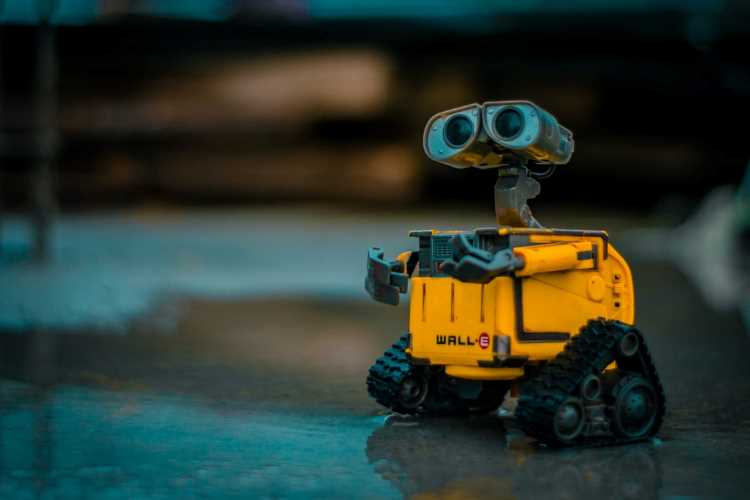By Shailesh Haribhakti and Ram Kapadia
Imagine a future with nine billion people on the planet and 95% of them are unemployed. No jobs, don’t earn a living. Sounds quite dystopian – doesn’t it? After all, traditional thinking suggests that such a world would be quite awful. Large-scale civil unrest, looting, wars and fight for resources become everyday occurrences.
What if we now say that in this future, the per capita income is 1.5 times that of today (adjusted for inflation) i.e. the average person is 1.5 times wealthier than she/he is in 2020. Given this information, several of us may start to think that this is not a dystopia – in fact, quite the opposite – perhaps as close to utopia as possible – no work but still enough money to live, and the freedom to do what one pleases.
READ I Humans cannot win the war against nature
The future described above is imminent in some ways. The world will get to 9 billion people. A lot of jobs will be automated or machinated. But whether this future becomes a state of utopia or a state of dystopia will be largely driven by us – our thinking, our evolution, and the choices we make along the way.
Over the last several years, a good number of jobs have already been automated. Machines have “taken over” tasks that humans performed. Look at the manufacturing industry. Or the construction space. And, as AI continues to evolve, machines will be able to do not only all routine tasks but also several intelligent tasks. E.g., who would have imagined that one day we will have a “Robot Lawyer” (e.g., DoNotPay). Or a “Robot Teacher” where interactive robots like Elias, Nao, Keepon, are finding widespread acceptance for academic and social learning. Or that self-driving cars will one day be a reality.
READ I e-pharmacies: Need to remove policy vacuum
As the above evolution continues, it may lead to a world where 95% of the jobs, as we know them today, will be done by machines or robots. Work as defined today will largely cease to exist. The only real jobs for humans in this new world will probably fall into four categories:
- The dreamer/thinker – Moon vacationers, interplanetary habitat creators, science experimenters, time travellers, mystics, and thought leaders
- The creative/artist – Right-brained individuals in the fields of art, literature, and entertainment
- The entrepreneur – People who will drive the next wave of innovation and value
- The machine maintenance specialist – the last touch human specialist when machines can’t self-repair
READ I Bullion index futures offer hedging opportunity, but margin, settlement risks linger
Traits that only humans can have such as creativity, emotion, ethics, intuition, and imagination will become more important than ever before.
The definition of wealth will also probably evolve. Over the last several years, the trend has been that the rich get richer and the poor poorer. This will be essentially reinvented as the world moves into a state of abundance. People will have enough to fulfil their basic needs. Costs will be near zero and a comfortable life, as defined today, is something every human being will have. The role of the government will change to focus on ensuring that this way of living is defined, maintained, and advanced.
READ I Life vs business: The ethical dilemma of the pandemic era
It is interesting to think about what humans will do with their time. There is only so much time one can spend watching TV. Or playing games. Or being with family and friends. Jobs and wealth give us a sense of security as well as a sense of identity, in addition to providing for ourselves and our families. With the basic needs covered, how/where will humans look for identity? or security? Or fulfilment?
As one reflects on the above, the good news is that this future will not be a switch – it will be a gradual transition. Most of us, while being part of the journey, will probably not see the above-described future in our lifetime. And, as we continue to go down this journey, we hope that we come up with the right solutions to build the best possible future for our generations to come.
(Shailesh Haribhakti is corporate leader based in Mumbai. He is a chartered and cost accountant, and writes regularly on the Indian economy and public policy. Ram Kapadia is a thought leader and entrepreneur based in Mumbai.)

